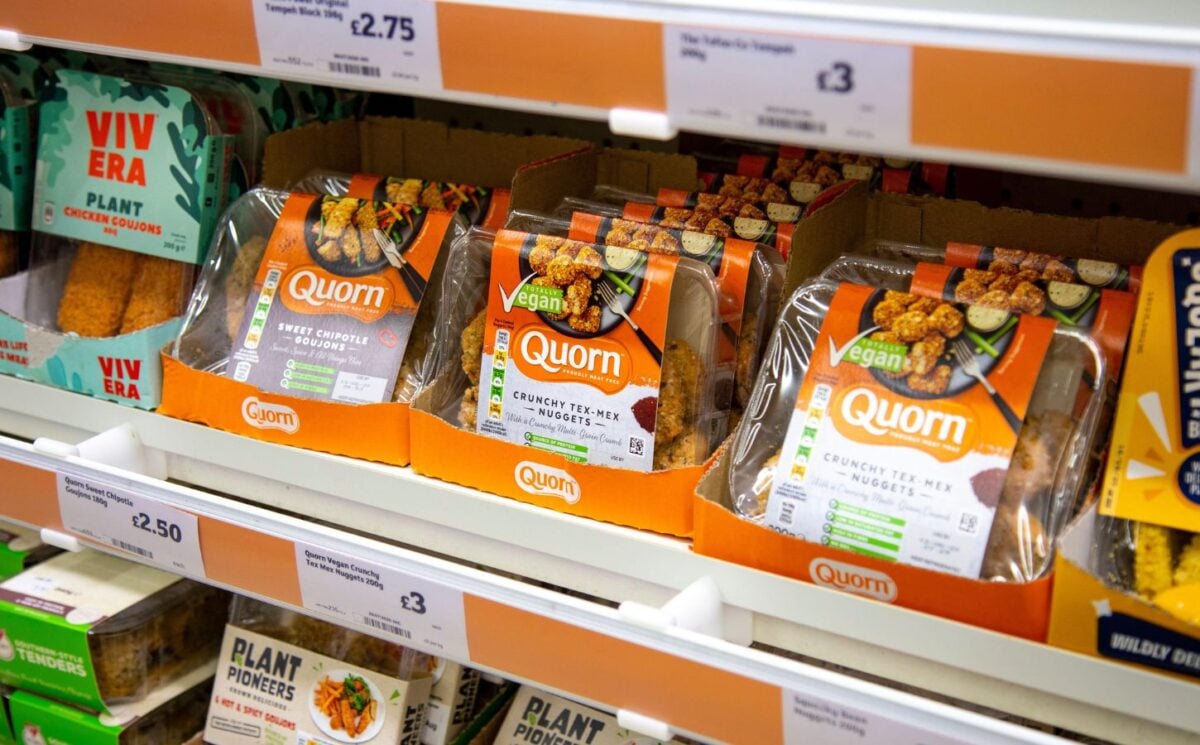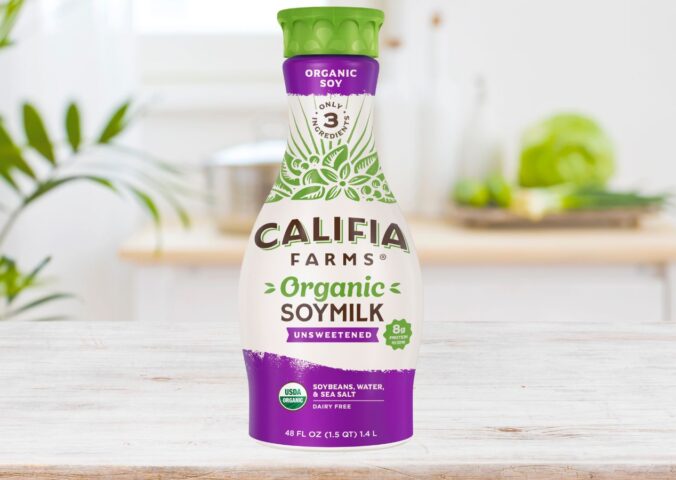A study suggests that a third of meat eaten in the UK could be replaced by alternative protein by 2040. This change could prevent more than 300 million animals each year from being killed, the authors claim.
The study was conducted by the Social Market Foundation (SMF). It was funded by the Royal Society for the Prevention of Cruelty to Animals (RSPCA). It involved interviews with 10 experts in the food sector. The report talks about different types of alternative proteins. It defines these as “analogues of conventional meat, dairy, seafood or egg products, produced using novel technology and/or production processes to avoid rearing live animals.” Quorn, which is made from mycoprotein, is an example.
The future market share of these alternative proteins is unclear. Estimates range from three percent to 70 percent, averaging at about a third. In any case, the report shows a significant potential for change in our diets. In Europe, the United Kingdom is one of the leading countries in buying and spending on these alternative protein products.
Do meat alternatives need improving?

The expansion of this industry depends on making these products better and more affordable, the study states. It also mentions that government policies could help by making it easier and faster to bring new products to market.
According to the Good Food Institute (GFI), significant investment is needed for the UK to compete with other countries in producing alternative proteins. The countries cited include the Netherlands and Denmark. The latter recently became the first country to unveil a roadmap towards plant-based food.
Previous research by the SMF found that 58 percent of people are trying to eat less meat. However, many are not satisfied with the current meat alternatives available.
Aveek Bhattacharya, Interim Director of SMF, said: “The potential benefits of alternative proteins are enormous – producing tasty, nutritious and cheap food, without the horrendous costs to animal welfare and to the planet that factory farming currently involves.
“Whether it can fully deliver on that promise remains uncertain, but that is almost always the case with exciting new technologies.”
Last year, a Food Standards Agency report discussed the growth in alternative protein products in the UK. These products include plant-based items designed to taste like meat, proteins from fermentation, and cultivated meat, which is also known as “cell-based” meat.
The rise of vegan meat
The report comes amid rapidly growing demand for vegan alternatives in the UK. According to a GFI report, plant-based food sales grew to £963.8 million in 2022, which was a nine percent growth from 2020.
There are now a wide range of brands selling everything from vegan burgers to tuna in the UK. These can be found in mainstream supermarkets all over the country.
This article was written with the help of OpenAI’s ChatGPT. Learn more about how we use ethical and responsible artificial intelligence at Plant Based News.






